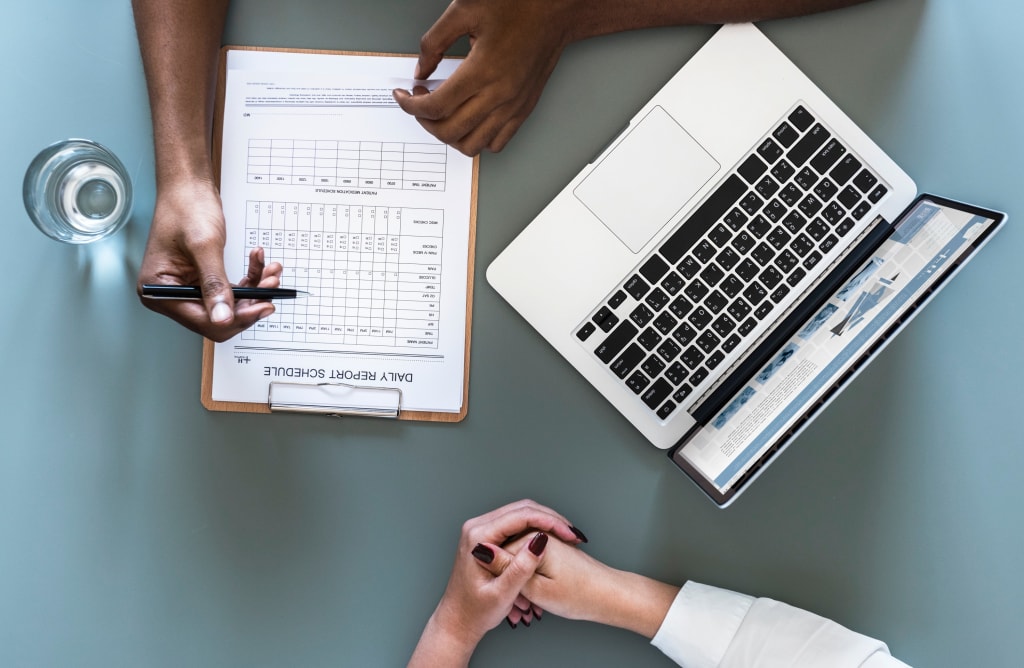Insight with Your Medication
Whether It Be for the First Time or Seeing a New Doctor

Going to the psychiatrist for the first time can be intimidating. If you have never gone to the psychiatrist or you have but you recently changed to a new one, I have some advice for you to make things a bit easier. As a disclaimer: I'm not a medical professional. I'm just sharing my experiences as someone who uses these services to hopefully help people in a similar situation.
The first and most important thing is to be honest. If you haven't been keeping up with your medication then tell them. They can help you find ways to remember to take it. If you have been drinking alcohol or using certain substances, tell them anyways. Some medications, especially for mental illnesses like depression, do not mix with alcohol—some people don't know this when they first take medication. You do not want to risk your health because of fear of judgement. They may not be happy about it but it makes their job easier and will help you in the long run. Of course there is always that intimidation that comes with first meeting with a psychiatrist but they are there to help you adjust to any new medication and be sure that you are still doing well on the ones you are currently on. Not telling your doctor will only cause issues and make it harder to help you.

The second thing is to not skip out on the details. Anything you have noticed when taking your medication should be mentioned to your doctor. Even the small details that you disregard once they go away should be mentioned. For example, one of my medications that I take for my anxiety started to cause a kind of disassociation about an hour after I took it. I never really thought about mentioning it because my anxiety went away after I took it and it would go away after a couple of hours. After a month of taking it, the feeling went away almost completely. However, I still thought it would be important to tell the doctor anyways and they were happy that I let them know. I would have never known that it was disassociation had I not asked. Also, had it been a symptom of a more serious issue they would be able to stay on the lookout.
The third thing is to not be afraid of sounding dumb when explaining your experiences. When I first went to the psychiatrist I was worried that I would not make sense or sound ridiculous when explaining what I felt during taking my medication. It is normal to be a little intimidated when first talking about these sorts of things with anyone you aren't that familiar with. However, it is important to get over this feeling so you can establish an open line of communication. Your psychiatrist should be understanding of how you explain your symptoms and issues. The way I explained my feeling of disassociation I felt after taking my medication was like this; "that feeling you get when you have a bad sinus infection or when you stay up really late to the point that you feel like you are out of your own body." Some people may say that they don't understand or that I sound ridiculous; my psychiatrist understood me almost instantly.
All of this that I have told you is meant to do one main thing: build your relationship with your doctor and help you feel more comfortable. Being comfortable with your doctor will make it easier to do all these things and will help you find the medication that will help you the best.
About the Creator
Kendall Earl
I am a student at University that is majoring in English. I hope to be a novel writer and am trying to work on my writing skills. I hope you enjoy my work.






Comments
There are no comments for this story
Be the first to respond and start the conversation.